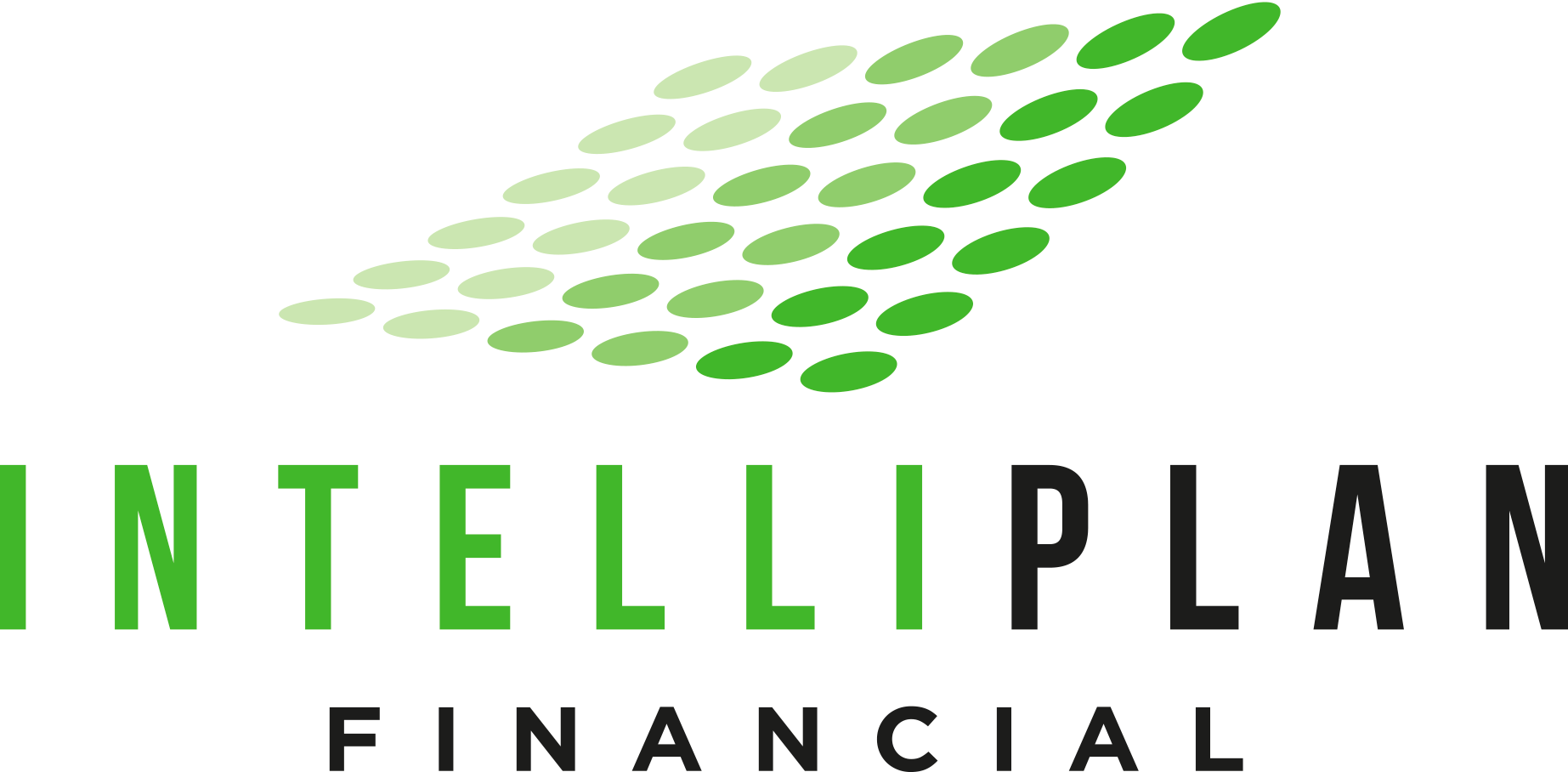Are you looking for ways to pay for a college education?
When looking at college savings strategies, most people are familiar with a 529 plan as it is the most popular college savings tool used today.¹ However, most people don’t realize you can fund college using life insurance. Using life insurance to pay for college is often an overlooked strategy because people don’t know how it works and the benefits of using this type of tool.
While both strategies offer unique advantages for saving for education funds, with the potential of long-term financial growth, they work in different ways.
In this blog post, we’ll explore how these two options work and discuss the pros and cons of each. This will help educate you so you can make the best decision when preparing to save for college expenses now and in the future.
What is a 529 Plan?
Most people have heard of a 529 plan to save for college. A 529 savings plan is an investment vehicle that offers tax benefits when used to pay for qualified education expenses for a designated beneficiary.
These plans are sponsored by a state or educational institution and authorized by Section 529 of the Internal Revenue Code. Each state’s plan may have its own benefits, features, and investment options, so it’s important to understand how each plan works.
There are two types of 529 plans: prepaid tuition plans and college savings plans. Prepaid tuition plans allow you to lock in current tuition rates at participating colleges and universities. In contrast, college savings plans allow you to save money for future educational expenses.
Eligibility criteria for enrollment vary from state to state but generally include:
- Being 18 years or older.
- Having a valid Social Security number.
- Being a resident of the sponsoring state.
Pros and cons of a 529 Plan
529 plans offer some benefits and drawbacks. Let’s take a look at some of the pros and cons:
What are the benefits of a 529 plan?
- Tax Benefits: 529 plans offer a tax-advantaged way to save and pay for college. You fund your 529 plan on an after-tax basis and it grows tax-free. Withdrawals from these accounts are exempt from federal income tax if used for qualified educational expenses such as tuition, fees, books, supplies, room and board, and/or other expenses outlined in the plan’s rules.
- Potentially high-return investment options: Depending on your plan’s rules, you may invest your money in market-based investments which can give you the potential to earn higher returns over time.
- Potential contribution tax-breaks: Contributions made to these accounts may be eligible for certain state income tax deductions or credits, depending on where you live.
- Distributions shielded from FAFSA: Distributions for qualified educational expenses may not be counted as income on the Free Application for Federal Student Aid (FAFSA). This will help maximize the student’s chances of receiving financial assistance from various sources, such as grants and scholarships.
- Rollover Funds into a Roth IRA: Under the SECURE Act 2.0, starting in 2024, a 529 plan, up to a lifetime total of $35,000, can be rolled over into a Roth IRA for the account’s beneficiary. So if you have any unused funds within your account, this could be a good option to continue securing your child’s financial future.
What are the drawbacks of using a 529 Plan?
- Limited to Qualified Expenses: The funds within a 529 plan must only be used for qualified educational expenses set by the plan’s rules. If you withdraw money from the account for non-qualified expenses you will pay taxes on any earnings plus an additional 10% penalty fee. If your child does not attend college or decides not to use all the funds in the account for qualified educational expenses, they may have difficulty accessing those funds without incurring penalties or taxes.
- Limited Investment Choices: Another potential drawback of using a 529 plan is that it has limited investment options compared to other types of accounts, such as Roth IRAs or traditional brokerage accounts.
- Exposure to Market Volatility: 529 plans are subject to market volatility as they are market-based financial investments. While there is potential for growth, there is also potential for loss which could cause you to lose money over time.
- Potential Negative Impact on Federal Aid: The funds within a 529 plan are considered an asset of the account holder and are factored into the calculations that determine financial aid eligibility. A 529 plan asset could count against you when applying for financial aid which could reduce the amount of aid a family receives.
- Fees Can Be High: Administrative fees are often associated with setting up and maintaining a 529 plan, which could add up over time and reduce your overall return on investment.
Life insurance can be an alternative to the 529 Plan to pay for college costs
When looking for the type of life insurance you can use to pay for college, not all life insurance policies are created equal.
Term life insurance
Term life insurance is a type of policy that provides coverage for a specific period of time. It’s usually less expensive than permanent life insurance. Term insurance has no cash value. The downside is that once the term expires, so does the coverage. This is not considered a good option for saving for college.
Permanent life insurance
Permanent life insurance, on the other hand, lasts for as long as you live and accumulates cash value over time as long as premiums are paid. This type of policy can provide lifelong protection and be used as an investment tool to help you save for retirement or pay for college tuition. Unlike term policies, permanent policies are more expensive, but they offer additional benefits and flexibility regarding premiums, death benefit, access to cash value, and more.
One type of permanent life insurance that we will focus on in this blog post is dividend-paying whole life insurance. This type of policy helps you develop a savings plan that is both flexible and reliable while also providing life insurance protection.
In addition, you can use it to save money for college tuition or other long-term goals while having access to additional benefits.
How to access cash through a policy loan to fund college
Policy loans are a great way to access cash from your dividend-paying whole life insurance policy to pay college funds. A policy loan is a loan taken against the cash value of your life insurance policy, which you can use for funding college, or other expenses.
The benefit of taking out a policy loan is that it allows you to access the money in your life insurance policy and at the same time, your policy can continue to grow as if you never took the money out. (Note: Your policy must be held with an insurance company that offers “non-direct” recognition loans to use this feature.)
You also don’t have to apply for a loan from a bank or other lender, and interest rates on policy loans are usually lower than those offered by traditional lenders.
It’s important to note that if you don’t pay back your policy loan, your policy will continue to grow with interest and it will reduce the death benefit paid out to your beneficiary(ies) when you die. If your loan and interest grow to an amount that is greater than your death benefit, your policy will surrender and you may have a tax liability. Our general recommendation is to pay back your policy loans.
To learn more, check out our “Ultimate Guide to Whole Life Insurance Policy Loans” blog post.
Pros and cons of dividend-paying life insurance
Dividend-paying whole life insurance is a permanent life insurance policy offering benefits and drawbacks. Let’s take a look at some of the pros and cons:
Pros of dividend-paying whole life insurance:
- Shielded from Financial Aid Calculations: Since the funds are sitting in dividend-paying whole life insurance, they are not reported as an asset on the Free Application for Financial Student Aid (FAFSA). Therefore the funds do not count against you when applying for federal student aid, which could potentially give you more aid.
- No Restrictions on Expenses: The money within the cash value of a dividend-paying whole life insurance policy can be accessed as a policy loan at any time and for whatever reason – no questions asked! That means there are no rules, restrictions or penalties for how you use your funds. (Unlike a 529 plan!)
- Tax Advantages: You fund your policy with after-tax money and it typically grows tax-free. The money you take out as a policy loan or withdrawal are also generally tax-free.
- Guaranteed Growth: Unlike a 529 plan, a dividend-paying whole life insurance policy is not a market-based product. That means there is no potential for market loss or market-like growth. However, Dividend-paying whole life insurance offers predictable and guaranteed growth every year no matter what happens in the markets. You will always know your guaranteed minimum value of your policy every year. (Note: Dividends are not guaranteed.)
- Save for College and Retirement At The Same Time: Dividend-paying whole life insurance policies offer the unique feature of taking out policy loans while your policy continues to earn money as if you never took the money out of it. You also have the option to pay back your loans to later use those funds for retirement. Learn more about this banking concept here. ←(LINK TO “How to Become A Banker” blog)
- Asset Protection: In most cases, life insurance policies have creditor protection features which shield creditors in certain situations. This can be beneficial if you’re concerned about potential financial liabilities impacting your ability to pay for college.
Cons of dividend-paying whole life insurance:
- Set Premiums: Dividend-paying whole life insurance policies usually have set premiums that must be met in order to keep the policy inforce. There is less flexibility when it comes to being able to reduce payments if you experience financial hardship. If you miss a payment, your policy could lapse or cancel and you will receive a potential cash surrender payout.
- Limited Growth: Investment options are limited to how the insurance company invests the policy’s cash value. Remember: funds are not invested solely in the market, so while the potential for loss is eliminated, there is less potential to receive growth from any high market returns.
- Qualification: Since life insurance is partly based on a person’s health and medical history, there is potential that one may not qualify for a policy if there are major health concerns. Approval for coverage is at the sole discretion of the insurance company.
- Impact on Death Benefit: Using life insurance cash value to pay for college can reduce your death benefit if you do not pay back your loans. However, if you do not need the extra death benefit, this may not be a bad thing.
In conclusion
Choosing the right plan to pay for college can be as important as coming up with the right college.
There are various options, and it can be difficult to navigate which one is best for your situation—this is why having a financial professional on your side may prove valuable.
Working with our financial professionals at Intelliplan Financial will help you evaluate the different strategies, such as the 529 plan versus life insurance, and then assist with one-on-one guidance to develop the most effective route for you and your family.
Contact Intelliplan Financial today to start setting up an effective strategy for college funding and see how much you can save for your child’s education.
Source:
Disclosure: Financial Planning and Advisory Services are offered through Prosperity Capital Advisors (“PCA”), an SEC-registered investment adviser. Registration as an investment adviser does not imply a certain level of skill or training. Intelliplan Financial and PCA are separate, non-affiliated entities. PCA does not provide tax or legal advice. Insurance services offered through Intelliplan Financial are not affiliated with PC
Financial Planning and Advisory Services are offered through Prosperity Capital Advisors (“PCA”), an SEC registered investment adviser. Registration as an investment adviser does not imply a certain level of skill or training. Intelliplan Financial and PCA are separate, non-affiliated entities. PCA does not provide tax or legal advice.









